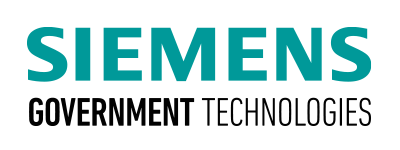Upskilling: The key to unlocking digital transformation
One of the core challenges of talent recruitment is efficiently and effectively transitioning recent college graduates into real-world professional settings. Upskilling, the process of acquiring additional knowledge and skills to enhance one’s existing expertise, can bridge this gap by providing training not only in areas of data analytics, artificial intelligence, cybersecurity, and other crucial digital competencies, but also professional and leadership development.
Siemens’ Genesis Graduate Program
In the examples of the U.S. Navy shipyard modernization effort and U.S. Air Force PLM projects, several of the assigned Siemens personnel were graduates of the Siemens Genesis Graduate Program, a four-month intensive training program that trains recent engineering college graduates on the Siemens Digital Industries Software Xcelerator portfolio. Students undergo a rigorous 16-week course hosted by Siemens leadership and training teams that focuses on developing expertise in Siemens’ full suite of software products, as well as honing soft skills, including communication, collaboration, sales, and customer interaction and implementation. The program benefits not only the students, but also Siemens and the customers the company serves.
The program is designed to accelerate and enhance the transition from academic to real-world professional settings. It places recent graduates into an environment where they quickly learn the Siemens Xcelerator portfolio, a platform that is used by multiple government agencies and contractors, including the U.S. Navy, U.S. Air Force, and Northrop Grumman, to name a few.
